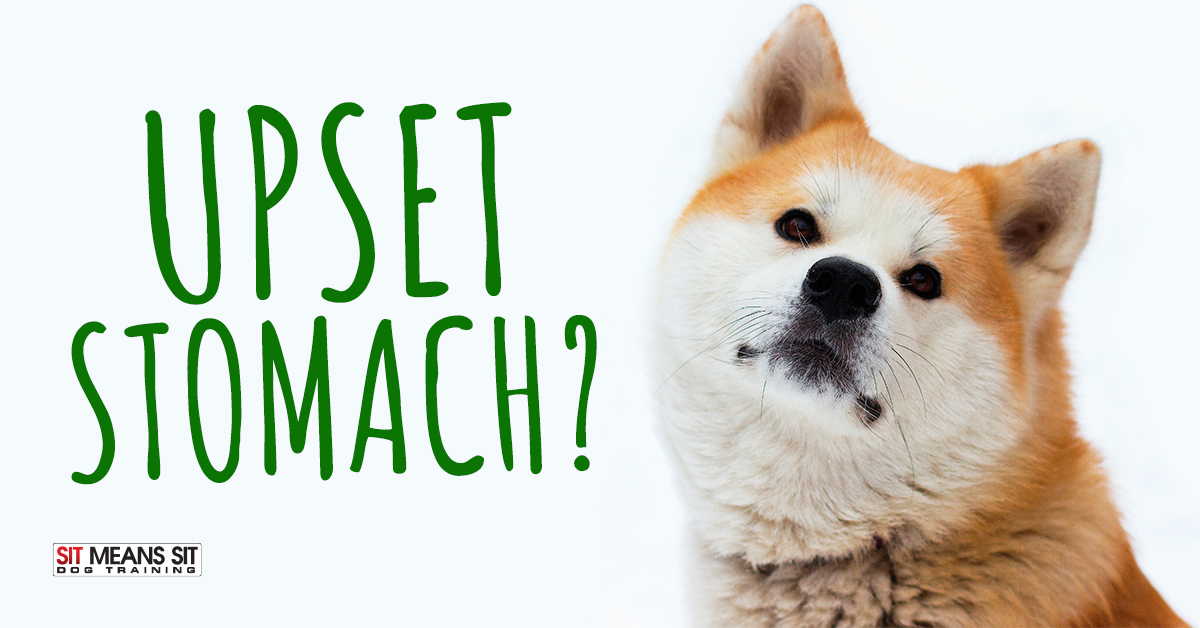
Why Does My Dog Have an Upset Stomach?
Just like us, dogs can have tummy aches every so often. Most of the time, upset stomachs are not cause for too much concern for us pet parents. However, our dogs can’t verbally communicate their symptoms or the severity of them, so it’s important that we stay alert and attentive if we think our dogs are feeling under the weather. Read on to learn more about why our dogs may have upset stomachs and what we can do to help.
Diet Changes
Whether your vet has encouraged you to switch to another brand of food or you decided to switch to a raw food diet for your furry friend, diet changes can be problematic for your dog’s stomach, especially when changes happen quickly. Try to gradually ease into new eating routines so your dog doesn’t experience too many digestive disturbances. Their tummies can only handle so much change at once!
Too Many Table Scraps
As much as we wish our dogs could join us for meal time, the truth is that their stomachs just aren’t designed to handle the same food that we eat. Feeding our dogs buttery foods, fatty foods, fried foods, and extra-salty foods can be harmful to their stomachs. Additionally, our dogs can become violently sick from eating contaminated meat or old veggies. Keep your dog out of the trash and away from the table when possible.
Eating Too Fast
Let’s face it – many of our dogs love to eat. Their excitement about eating can be difficult to contain, making them eat too fast. This can lead to bloat, and as many of us humans know, bloating is uncomfortable and difficult to manage. To manage your dog’s fast eating, feed them smaller meals throughout the day. You can also try using a slow-feed bowl to slow down your overly-excited dog from eating so fast.
Dehydration
Dogs are very susceptible to dehydration, which can also cause stomach issues. You’ll notice dehydration in your dog if they have diarrhea and don’t seem interested in consuming water. You can also check their gums. If they seem pale and sticky, your dog probably needs some H2O. You can also check your dog’s skin elasticity by pinching their skin and letting go. If it takes a few seconds to return back to normal, your dog is likely dehydrated. If your pup refuses to drink water straight, try watering some of their food to rehydrate them.
Viruses or Bacteria
If your dog gets a digestive infection, you’ll notice repeated vomiting and explosive diarrhea. These are both good signs that your dog has a virus. Doggie viruses like parvovirus are extremely dangerous and can have negative impacts on your dog’s health. Take your dog in to the vet if you notice any vomiting or diarrhea in your furry friend.
Upset stomachs can usually be helped by feeding our dogs some bananas, broth, or even ice chips to munch on. If nothing seems to help your dog’s upset stomach, contact your vet for recommendations on next steps. Hopefully your dog gets to feeling better sooner rather than later!
